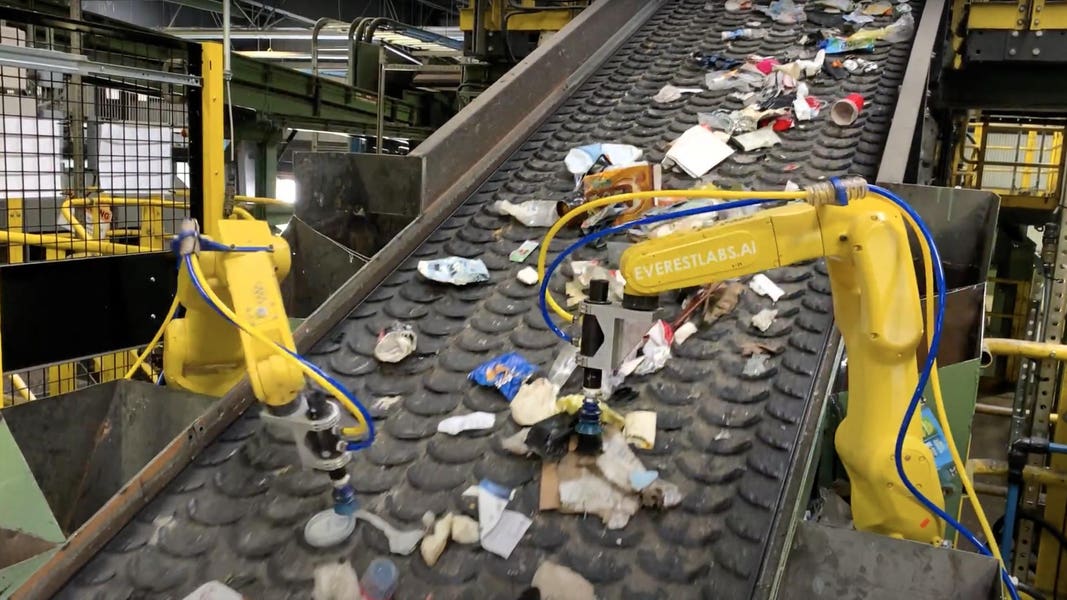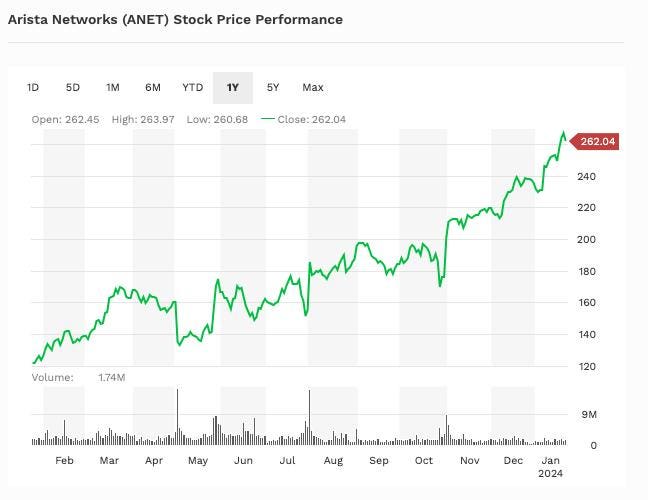AI has the potential to bring about positive changes, such as in the case of a robotic system utilizing technology to accurately sort aluminum cans, achieving an impressive 80% accuracy rate while processing 60 cans per minute on a conveyor belt.
According to JD Ambati, the CEO and founder of EverestLabs based in Fremont, California, the company’s AI and robotics technology has surpassed the guaranteed 80% accuracy, achieving over 90% in practice. Collaborating with recycling facilities globally, EverestLabs aims to enhance recyclable capture, tripling the amount compared to human sorters.
In traditional recycling operations, human sorters typically handle 10 to 20 items per minute during an eight-hour shift. In contrast, EverestLabs’ robot has demonstrated the capability to pick as many as 40 to 65 items per minute, depending on the volume of materials on the conveyor belt.
An illustrative case is the partnership between EverestLabs and Caglia Environmental recycling plant in Fresno, California, where the deployed AI and robot are successfully capturing 1,400 cans daily. This initiative is on track to recover over 32,000 pounds of cans annually, equivalent to more than 1 million cans each year.
EverestLabs introduced RecycleOS, a software solution tailored for recycling plants or materials recovery facilities (MRFs). This innovative system integrates a robotic arm and 3D camera to identify recyclable items like cans moving along the conveyor belt, swiftly extracting the targeted items from the stream.
The adoption of AI-driven recycling technologies not only diverts more items from landfills but also promotes recycling, thereby reducing the carbon footprint associated with manufacturing new materials. The financial support for the robot at Caglia came from the Can Manufacturers Institute, a trade association sharing the revenue generated from the retrieved cans.
Beyond Caglia, numerous recycling plants and MRFs across the United States, including those in New York and Michigan, have embraced the EverestLabs system. Other companies like AMP Robotics in Kentucky and Pellenc ST in France are also leveraging AI and robotics to enhance recycling efficiency, aligning with the industry’s goal of achieving 100% aluminum can recycling by 2050, as set forth at COP28.
Ambati emphasizes that the ambitious recycling target is feasible today due to the availability of advanced AI robots and automation solutions capable of precise identification and sorting tasks.
Key investors supporting EverestLabs include Translink Capital and NEC Orchestrating Future, who led a Series A funding round amounting to $16.1 million in 2022. The company’s AI system underwent extensive training on approximately 4 billion recyclable object images to refine its accuracy.
With top executives from the self-driving car industry, EverestLabs ensures that its AI technology swiftly identifies and extracts recyclable and non-recyclable objects with an impressive 95% accuracy rate from the conveyor belt at recycling facilities.
Looking ahead, Ambati envisions a continual increase in accuracy rates, projecting a growth from 80% and above to a remarkable 98-99% by 2030. He emphasizes the positive impact of AI in advancing environmental and societal causes, highlighting the synergy between AI technology and human efforts in the recycling sector.






